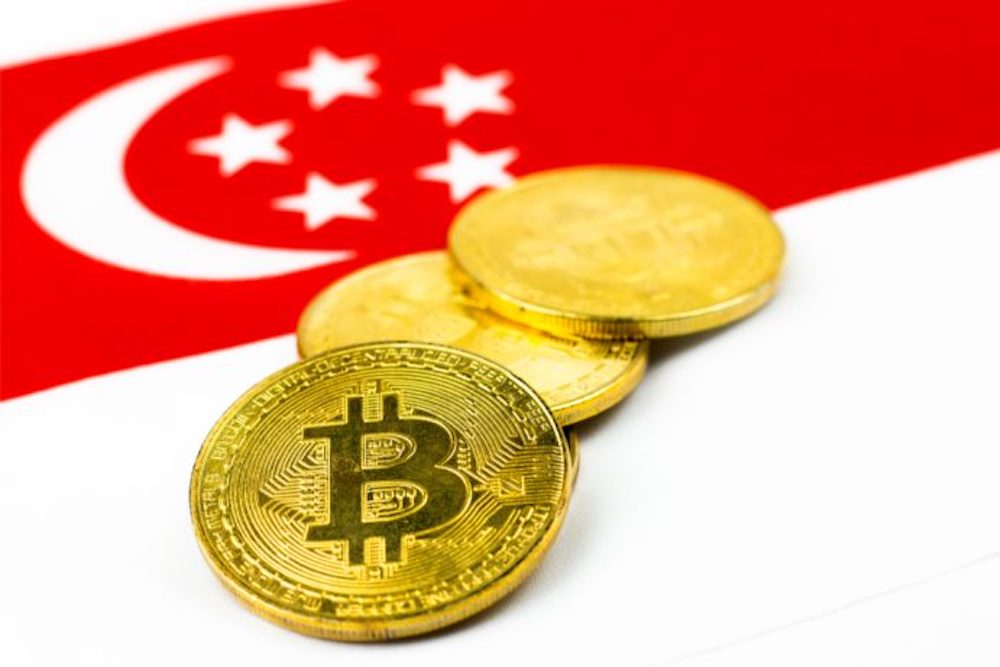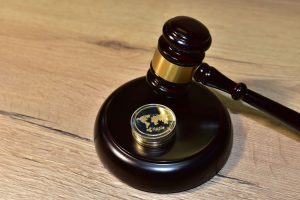In a judgment on Tuesday, Singapore’s high court declared crypto assets to be property capable of being held on trust. The case, which involved Seychelles-based crypto exchange Bybit and one Ms. Ho Kai Xin, saw the judge declare digital currencies as things in action and an intangible property type.
“The courts in Singapore and elsewhere have, in granting interlocutory injunctions, recognized that there is at least a serious question to be tried or a good arguable case that crypto assets are property capable of being held on trust,” Judge Phillip Jeyaretnam stated. “To grant judgment and finally declare a trust, this court must go further and decide that the crypto assets in question, here USDT, are indeed property capable of being held on trust,” he added.
The judgment followed a lawsuit by Bybit in October, accusing its employee Xin of illegally transferring 4.2 million USDT to an account she owned and controlled. The crypto exchange also alleged that its former payroll employee, Xin, paid $117,238 without authorization to her personal account.
Crypto Is Property
While backing his declaration, Jevaretnam mentioned a proposed amendment written in a consultation paper sent to payment services earlier this month. The Monetary Authority of Singapore (MAS) issued a proposal stating that it would implement a segregation and custody requirement for digital payment tokens.
Jevaretnam stated that the proposal meant that it was possible in practice to identify and segregate digital assets, making it legally possible to hold them on trust. Thus, he backed his claims that crypto assets are property.
The judge further added that Order 22 of the Rules of Court 2021 recognizes cryptocurrencies as property. According to him, the declaration defined “movable property” to include cash, debt, bonds, cryptocurrency, or other digital assets.
In the Right Direction
The declaration of cryptocurrency as a tangible asset is on its way to becoming a global reality with the Singapore High Court’s declaration. The country has become the second to recognize digital assets as property after Hong Kong.
Apart from the US, most countries globally have made reasonable progress in creating a thriving environment for digital assets, with Hong Kong and Singapore taking the lead.










